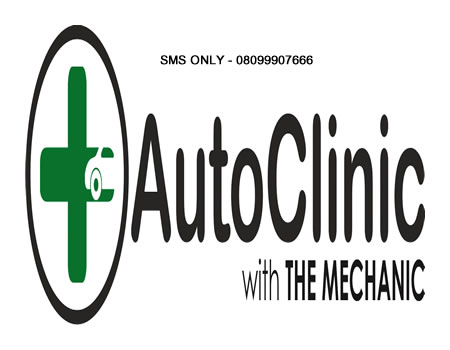- Oil deposits and debris Older, dirty oil has the propensity to leave deposits and debris on engine fittings such as intake valves and spark plugs, not to mention combustion chambers. As part of a periodic service at your mechanic’s, they will regularly replace your engine’s oil filters to avoid debris becoming lodged within your vehicle’s bearings.
- Inadequate fuel and air compression Poor compression of both fuel and air inside a car engine is a recipe for disaster. The most common reasons for poor engine combustion is due to broken valve seals, holes within cylinders and overused piston rings, forcing air to leak out.
- Leaking engine coolant One of the easier engine faults to diagnose is leaking engine coolant. If engine coolant is continually low once it’s topped up, it’s a sure-fire signal that there is a fault within the cooling system. The coolant should be kept free of debris and deposits to maintain a safe operating temperature for your engine at all times
To ensure your car’s lubrication system doesn’t develop faults, avoid these four common lubrication mistakes:
- Over-lubrication
You can have too much of a good thing. When an engine lacks oil, it will quickly make the problem known, usually by failing. At the other end of the spectrum, too much can have a similar effect. That’s why it’s important to remember that lubricants have volume of their own. Too much could actually cause an engine to build up too much pressure, compromise the seals and jam, necessitating.
- Under-lubrication
A lack of lubricant is likely one of the easiest problems to spot. engines that aren’t properly maintained will make themselves known in short order. Typically, excess heat and sound will radiate from the engine until failure.
- Using the wrong lubricant
Not only can using the wrong lubricant lead to asset failure, but it may also void the car’s warranty. Car manufacturers will typically recommend specific lubricants for each engine. These guidelines should be taken seriously, else the money for a replacement will likely come from your pocket.
- Mixing lubricants
Not all lubricants are created equal. In fact, mixing the wrong kinds of lubricants together can be just as damaging as not lubricating at all. According to Machinery Lubrication magazine, mixing synthetic and mineral-based lubricants can cause major problems, leading to leakages and complete failures.
When the wrong lubricants mix, they risk expanding or shrinking nearby seals, causing them to fail. Such problems result in increased spending.
- Lubricant contamination
One of the chief causes of premature bearing failure is lubricant contamination. Not only does contaminated lubricant harm the engine, but it can also be expensive to remove and clean.
Owning a good car can be quite pleasurable, what is more pleasurable is owning a reliable one without hassles.
A good mechanic will guide you on service time interval as well as the right type of lubricant.
Dear Readers, Questions sent in to Auto Clinic will be published henceforth. Kindly text the above numbers or engage us on the social media handles posted. Welook forward tof hearing from you!
WATCH TOP VIDEOS FROM NIGERIAN TRIBUNE TV
- Relationship Hangout: Public vs Private Proposals – Which Truly Wins in Love?
- “No” Is a Complete Sentence: Why You Should Stop Feeling Guilty
- Relationship Hangout: Friendship Talk 2025 – How to Be a Good Friend & Big Questions on Friendship
- Police Overpower Armed Robbers in Ibadan After Fierce Struggle






